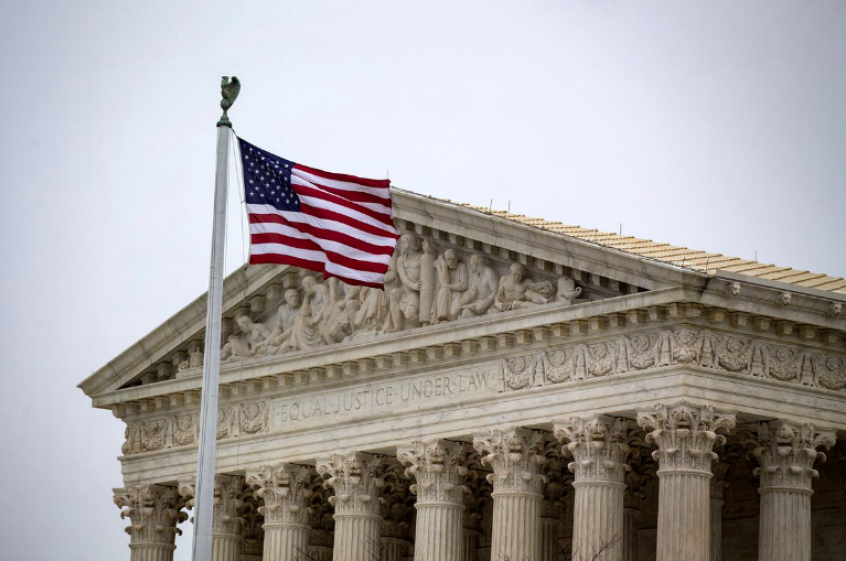The US Supreme Court on Monday bypassed a chance to further expand the ability of religious entities to receive public funding, leaving in place a lower court ruling that blocked a New Jersey county from giving historic preservation grants to churches.
The justices opted not to hear appeals of the ruling by New Jersey's top court that Morris County violated a state constitutional ban on using public funds to repair places of worship when it gave millions of dollars to 12 churches under its grant programme for local historic preservation projects.

The dispute could have given the justices an opportunity to build on a major 2017 Supreme Court ruling that opened the door to more taxpayer funds going to religious institutions.
Conservative Justice Brett Kavanaugh, appointed to the court last year by President Donald Trump, urged his fellow justices to take up a future case that raises similar issues, though he agreed with the decision not to take up the New Jersey dispute because of a lack of clarity about certain matters.
'Barring religious organizations because they are religious from a general historic preservation grants programme is pure discrimination against religion,' Kavanaugh wrote in a statement, joined by conservative Justices Samuel Alito and Neil Gorsuch.
Morris County and a dozen county churches that received $4.6 million in historic preservation grants had asked the justices to overturn the state court's ruling against them.
A group that promotes secularism, the Freedom from Religion Foundation, and a local resident who is a member of the group sued in 2015 challenging the northern New Jersey county's policy of giving grant money to churches.
The Supreme Court in 2017 sided with a Missouri church that had been denied state funds under a programmeme to make playgrounds safer because the state's constitution prohibited spending public money 'directly or indirectly, in aid of any church'. Trinity Lutheran had sought state money to install a recycled rubber surface on its playground.
The New Jersey dispute pitted two provisions of the Constitution's First Amendment against each other: the guarantee of the free exercise of religion and the Establishment Clause, which requires the separation of church and state.
Dotted with historic sites from the 18th century American Revolutionary War against Britain, Morris County is located about 40 miles (64 kilometers) west of New York City and is home to churches reflecting hundreds of years of US history and many architectural styles.
New Jersey's top court last year found that the programme violated the state's constitution, which forbids taxes for 'repairing any church or churches, place or places of worship', since some of the funds would be used to restore buildings so that they could continue as active places of worship.
The county and the churches said the programme served a secular purpose to preserve historically significant structures and that excluding them would amount to religious discrimination.
The US Supreme Court heard arguments in another case touching on religion last week. The justices signaled a willingness to let a 40-foot-tall cross-shaped war memorial stay on public land in Maryland despite a legal challenge that called it an unconstitutional government endorsement of religion. A ruling is due by the end of June.













